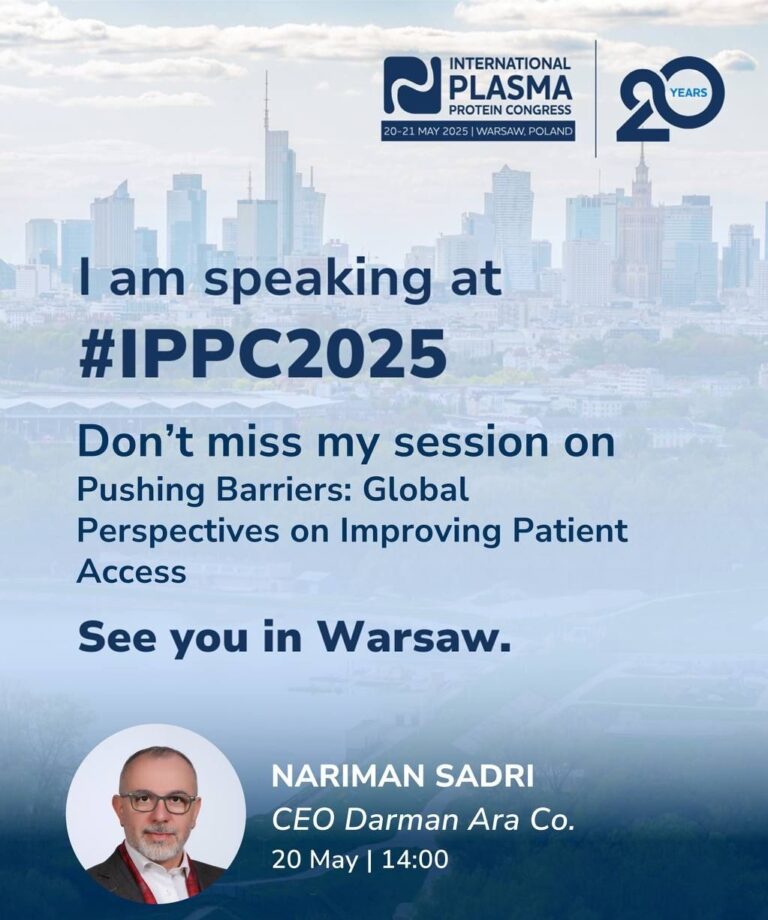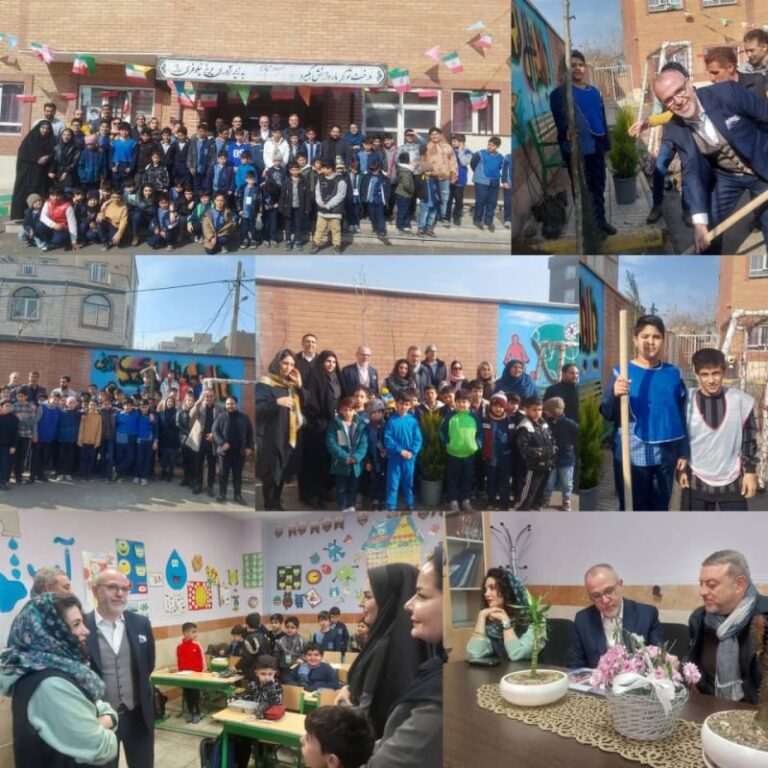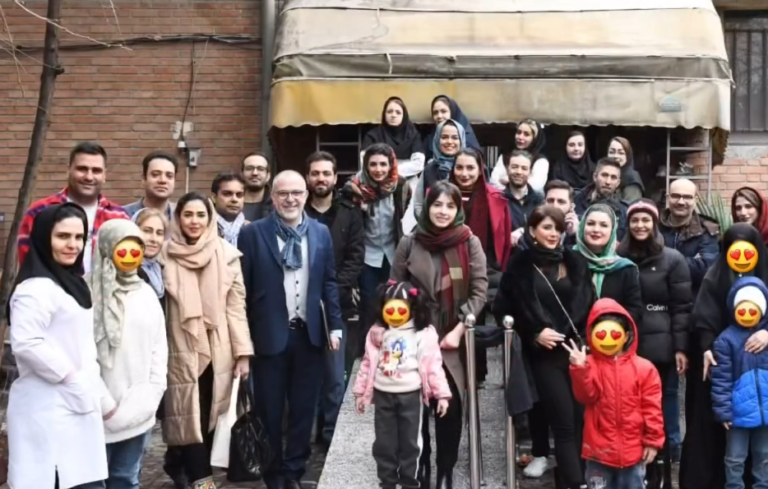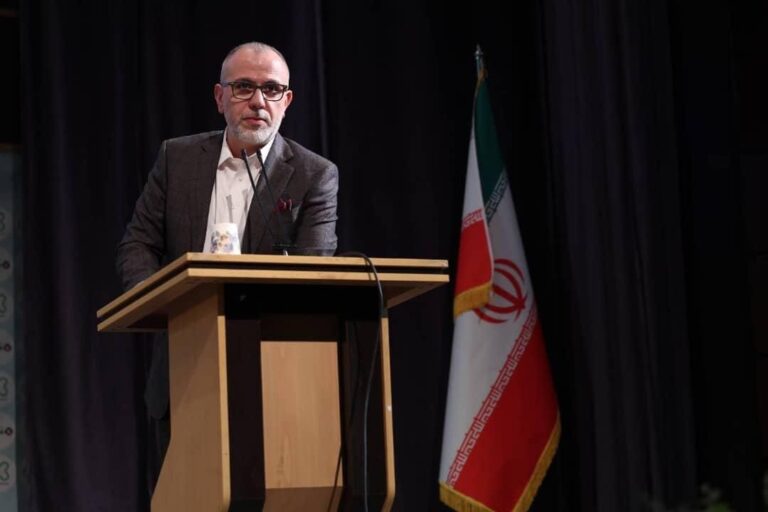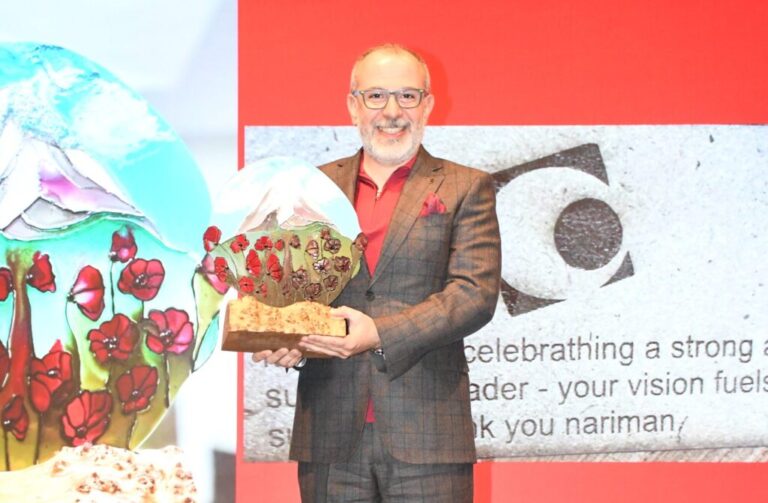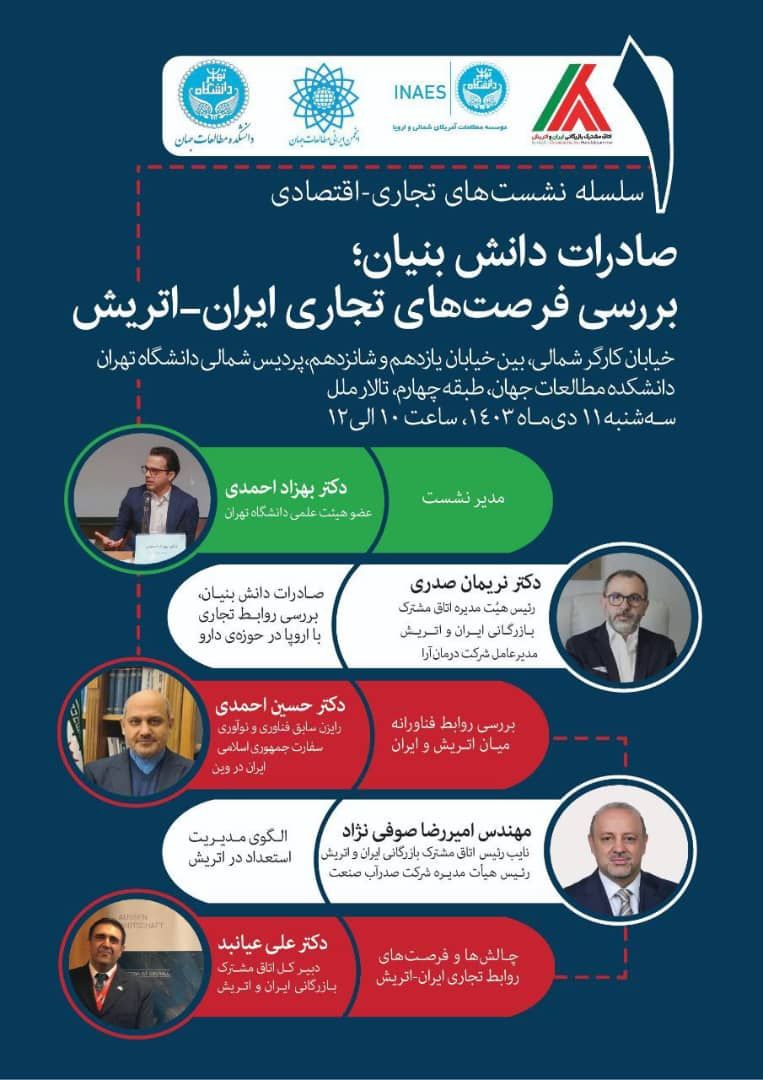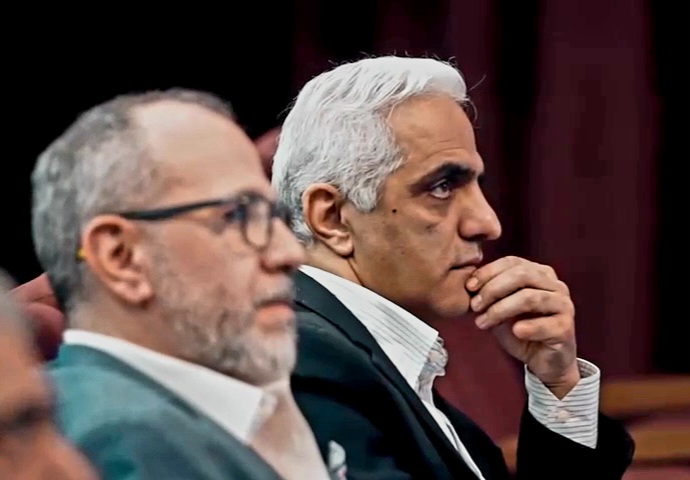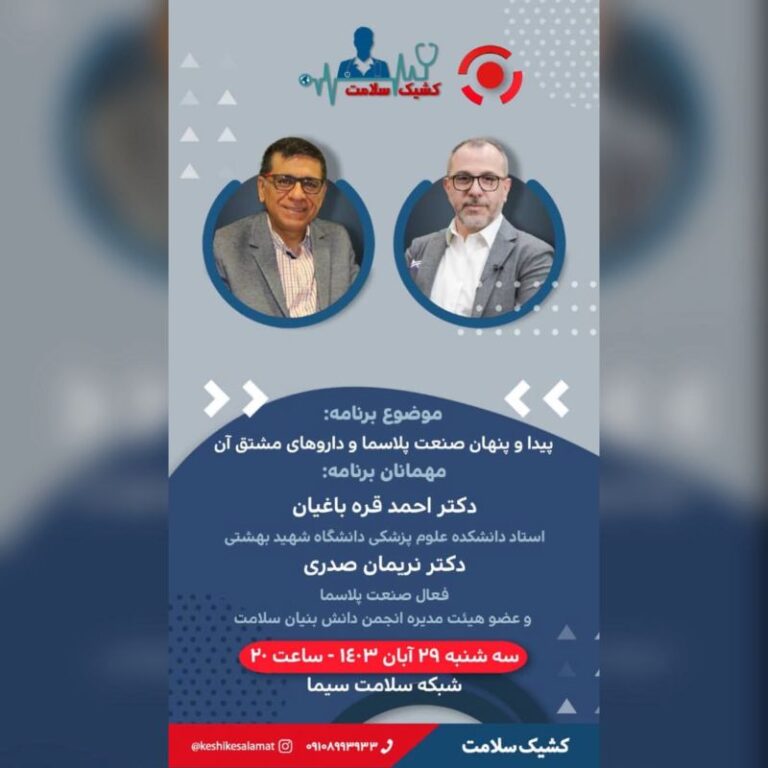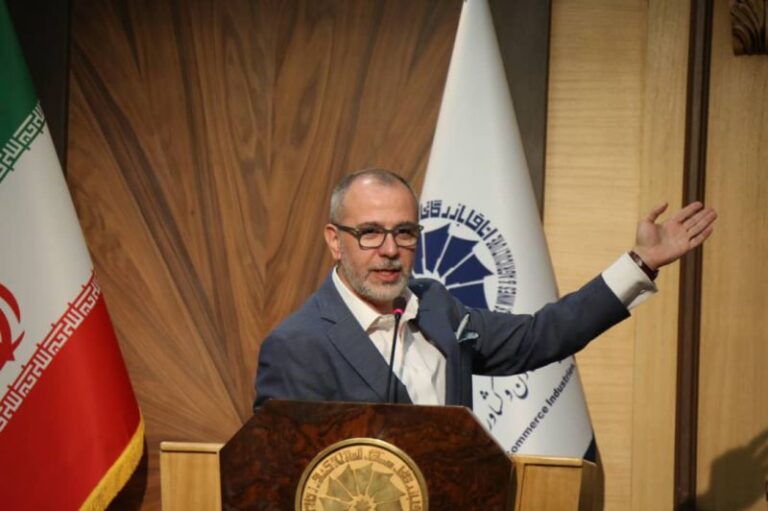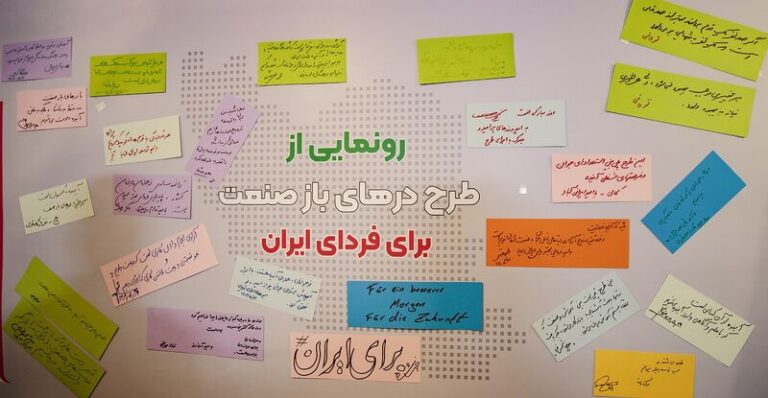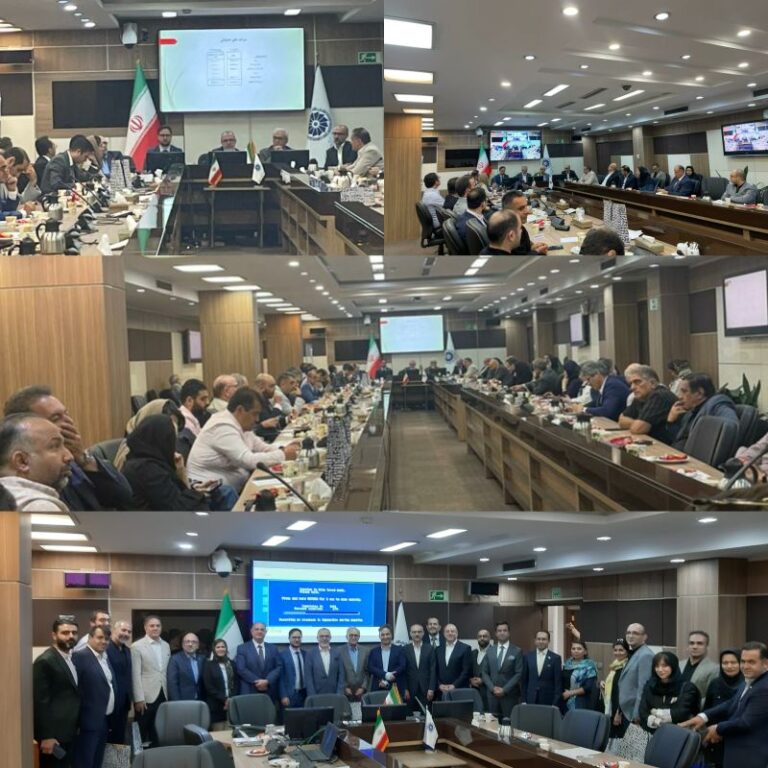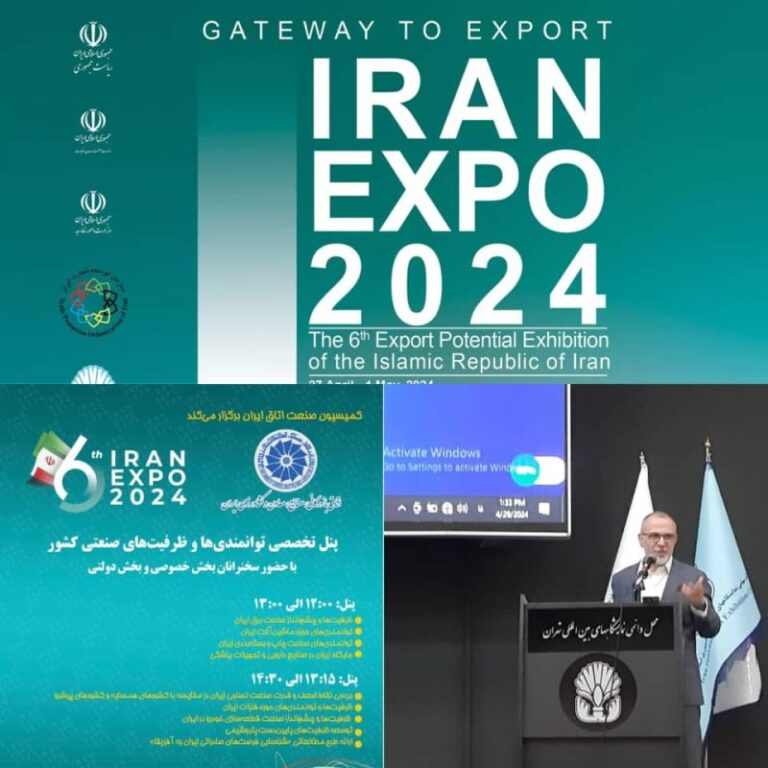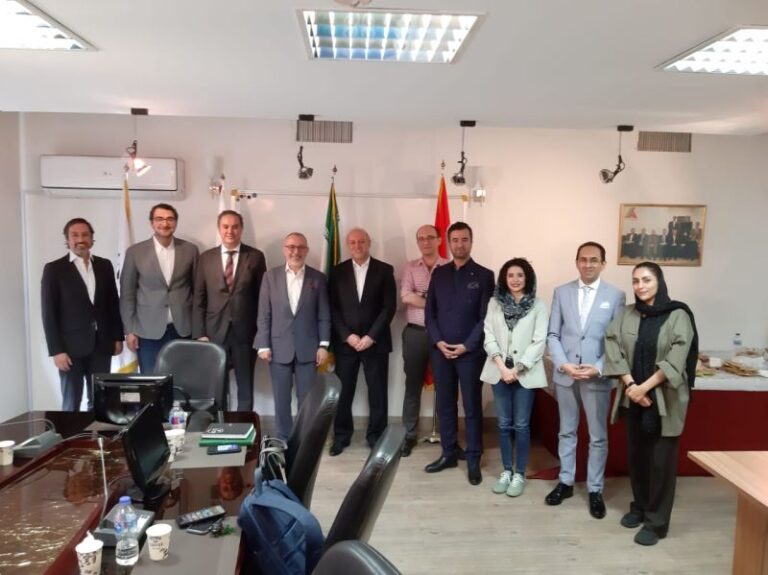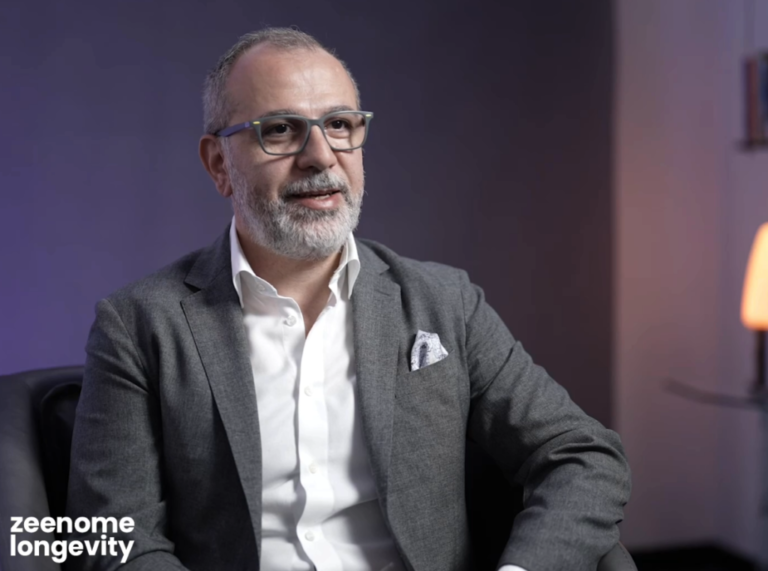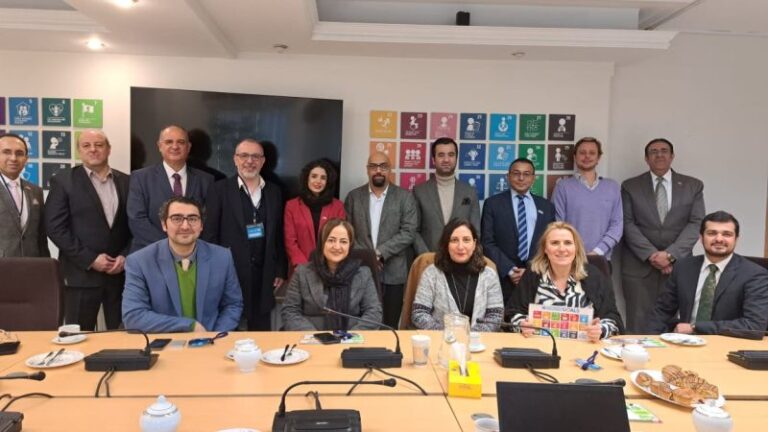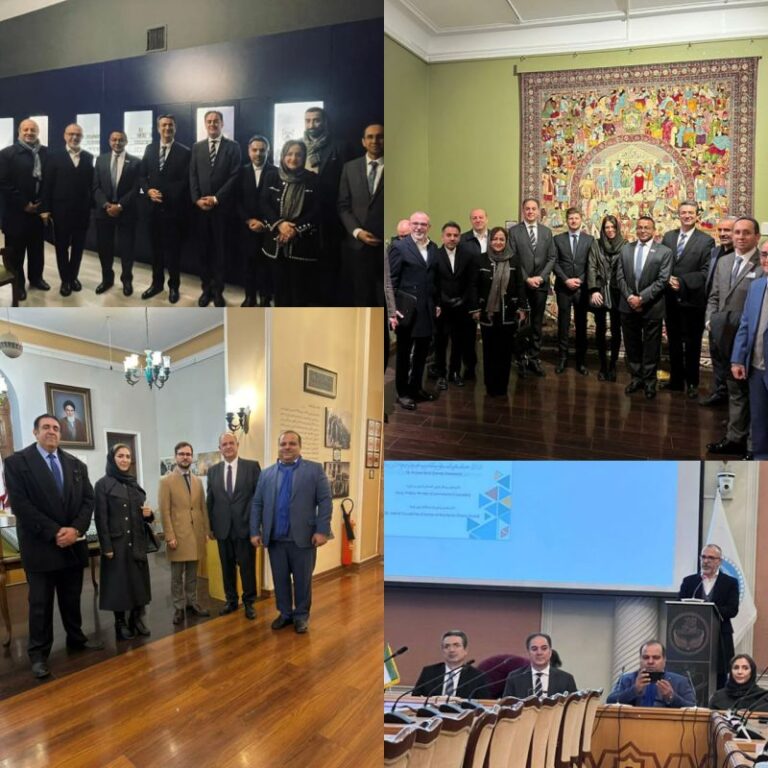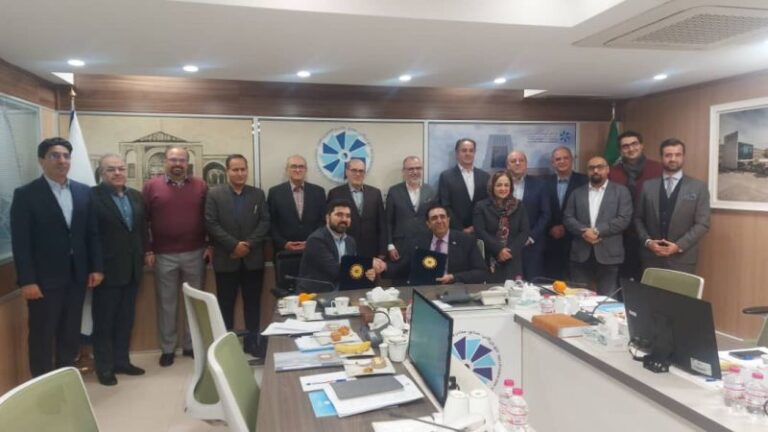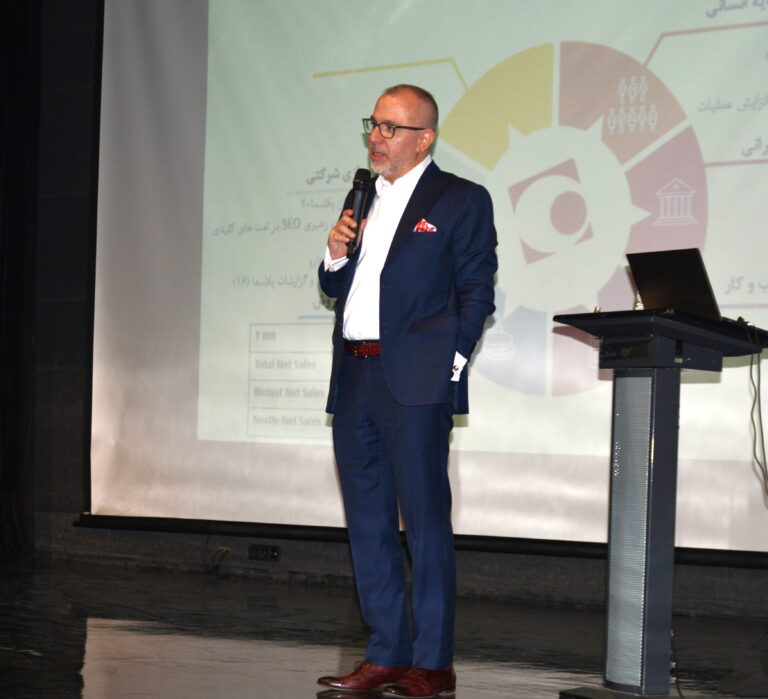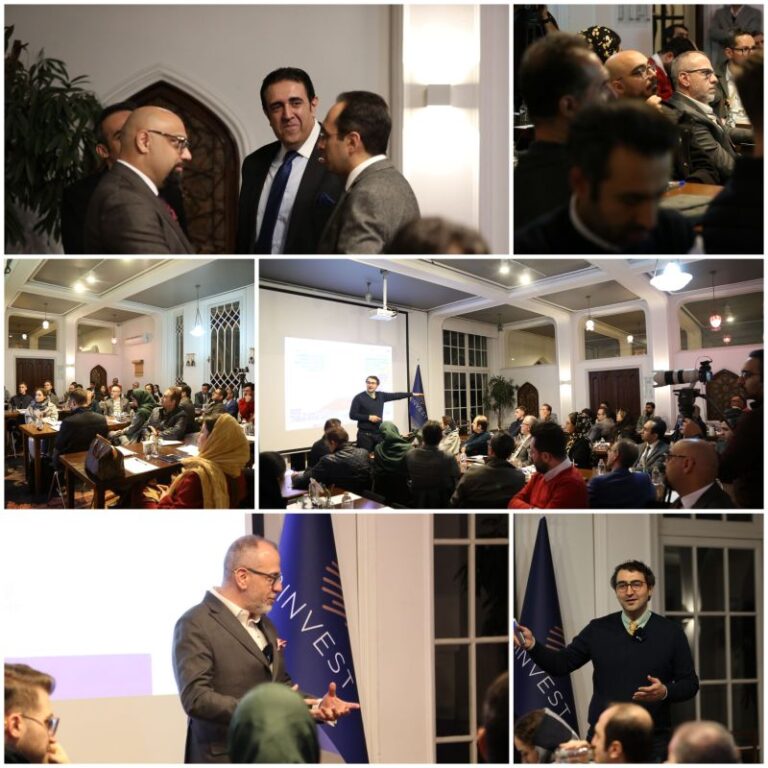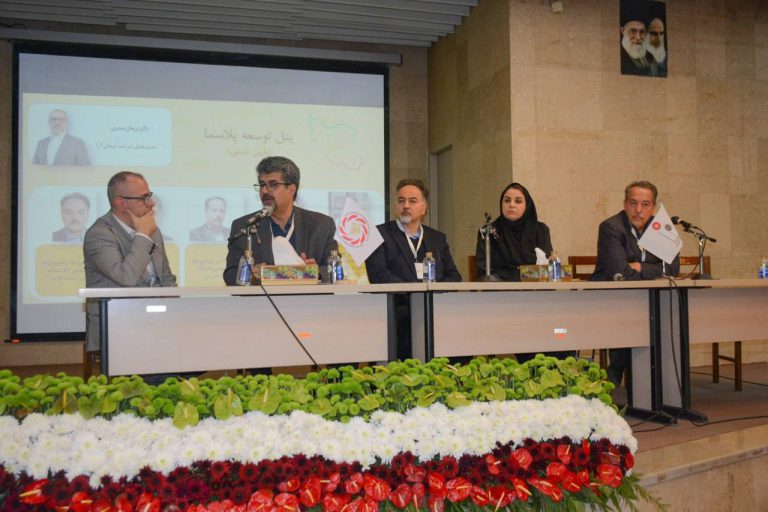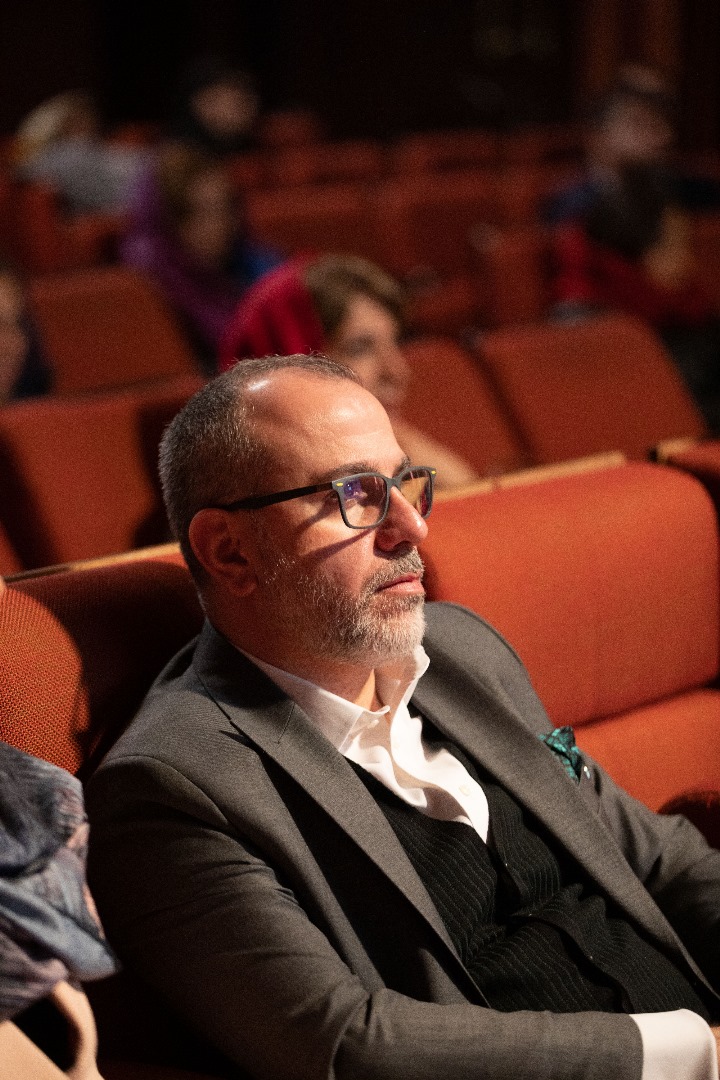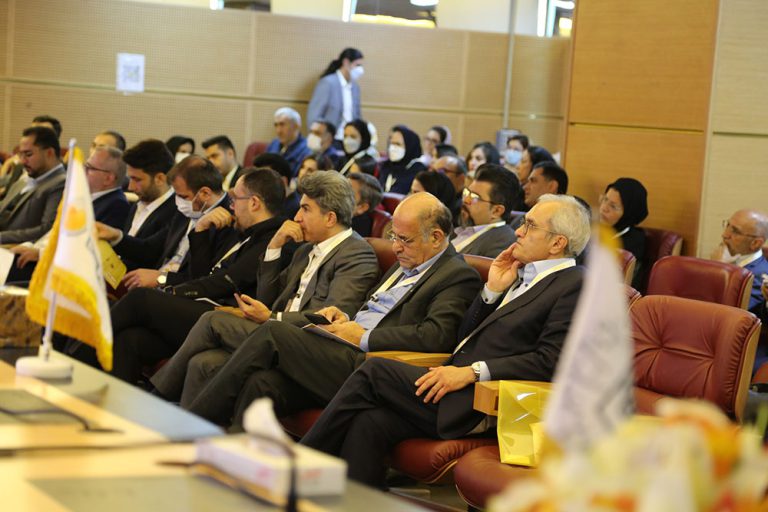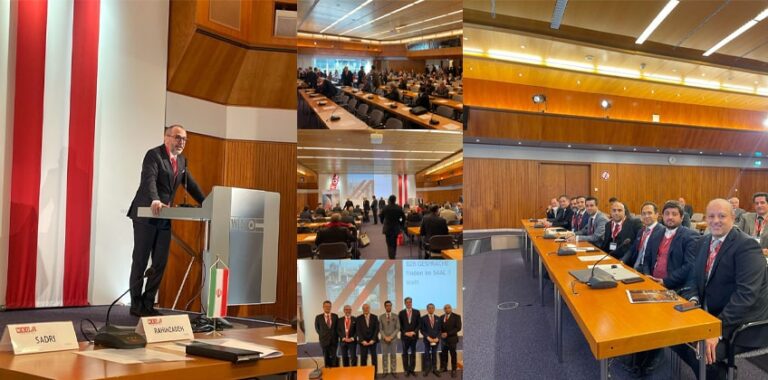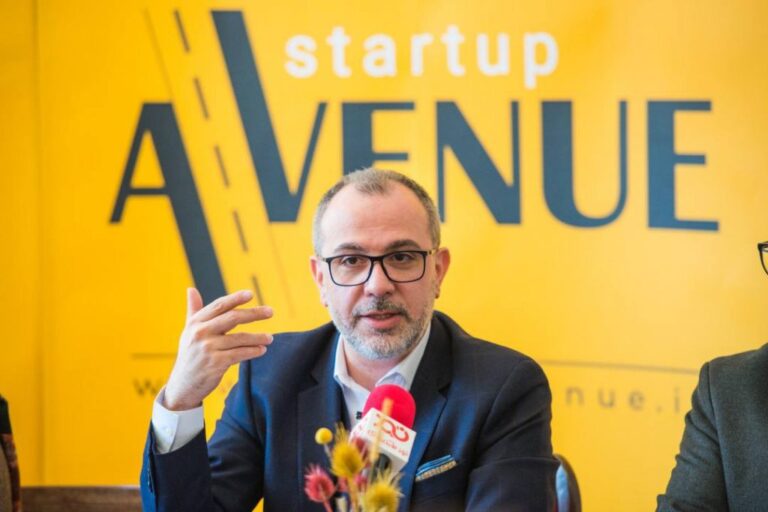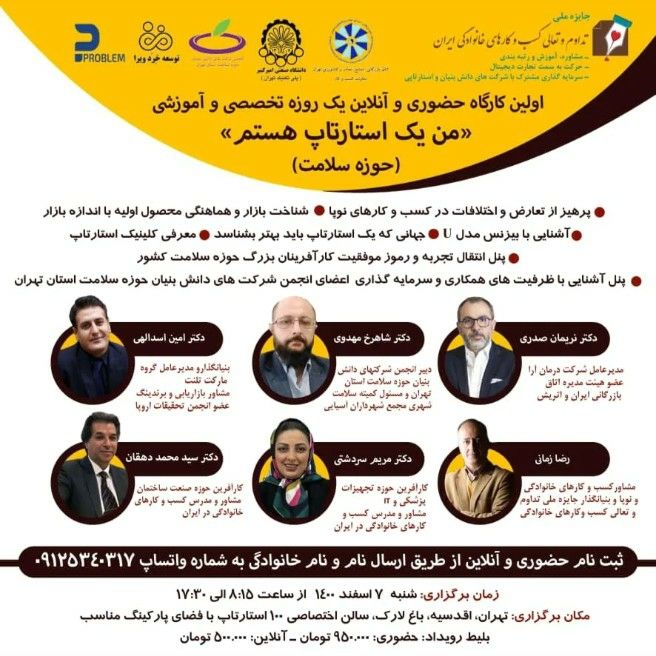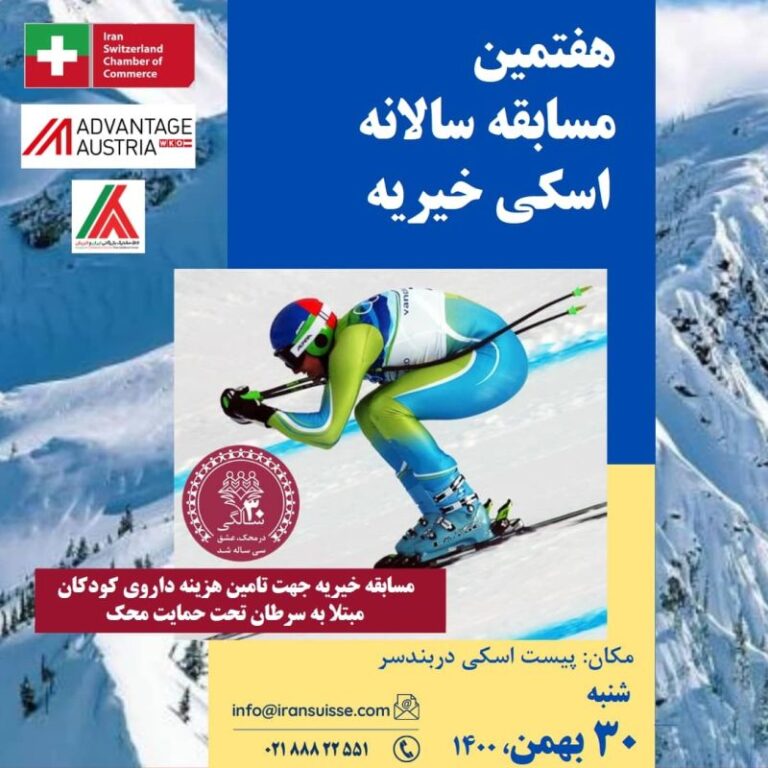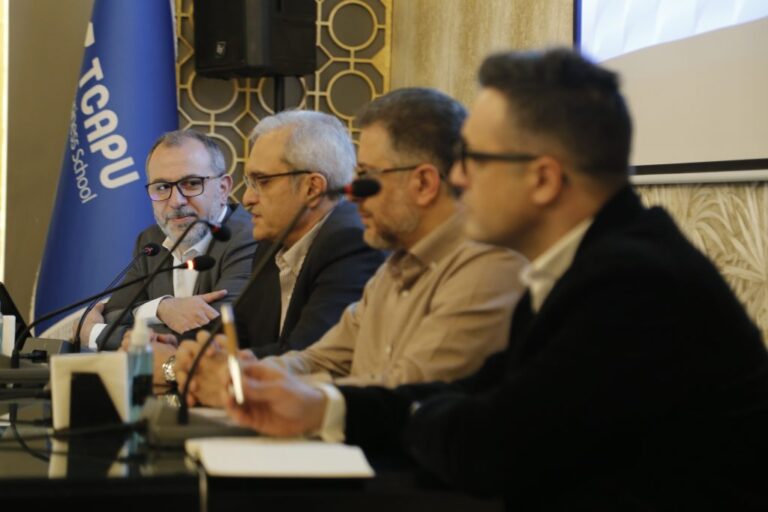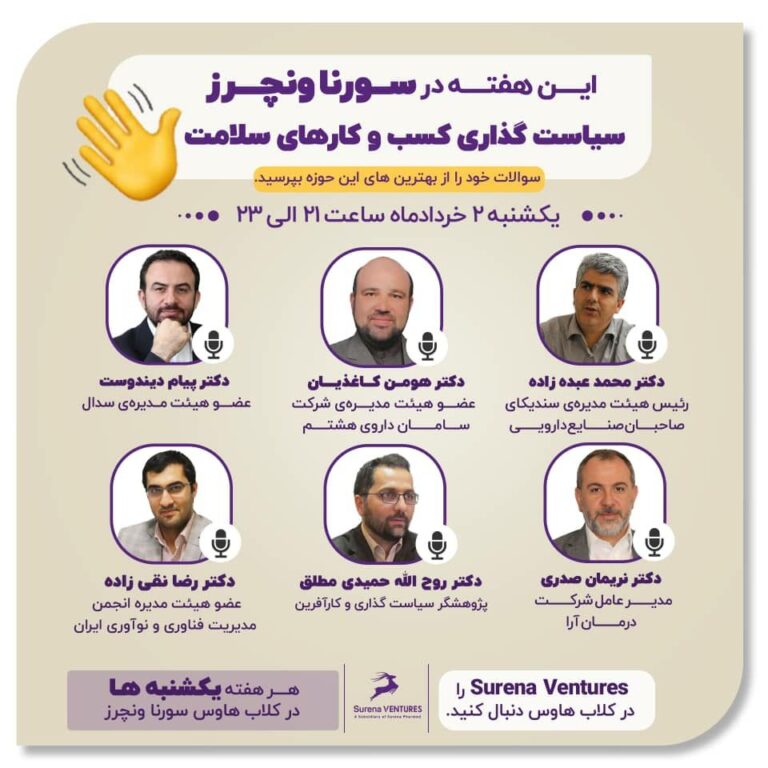For the past few weeks, I found it hard to focus on writing as I was temporarily relocating while my home underwent renovations. During this time, I had the opportunity to travel to Austria with a trade delegation, offering me a new and enriching experience.
This wasn’t my first visit to Vienna. On previous trips, I was captivated by the city’s stunning visual beauty. But this time, I had the chance to engage in a deeper, more immersive experience.
Austria – a country of nine million people – has been passed between various regional powers throughout history. Yet, its cultural roots, art, and traditions stretch back over a thousand years. At one point, the inhabitants of this region rose to establish a vast empire that controlled Central Europe for centuries. This country was the catalyst of World War I, the birthplace of Adolf Hitler, and paradoxically, the capital of music and art in Europe.
On this trip, I sought to answer one key question: How has this small country in the heart of Europe managed to create a capital that consistently ranks among the top three most livable cities in the world? And how has its economy, despite the country’s small size and limited resources, achieved a GDP almost half that of Iran’s, with each Austrian enjoying five times the wealth of the average Iranian?
Austria is one of the most industrialized countries in the world. For decades, its people – lacking natural resources to extract and sell – learned how to create value in their industries, building a national framework dedicated to wealth creation. Austrian embassies across the globe serve as economic hubs, with ambassadors tasked not with ideological or political rhetoric, but with finding customers for Austrian industries.
Austria exports over €100 billion in industrial machinery and components annually, and more than €30 billion in metal and plastic parts manufactured from imported raw materials – none of which are domestically sourced. This mission is not solely carried by diplomats but is supported by a parallel economic consulate system with over 100 branches and thousands of staff worldwide, ensuring Austrian industries always have access to international markets.
The fascinating part? This entire system is funded by taxes paid by Austrian citizens. Because economic growth and employment are the top priorities for the Austrian public, governments are elected based on their ability to sustain and expand development. Austrians have learned that to remain at the top, they must evolve with the times.
Both industry and academia in Austria have embraced the Fourth Industrial Revolution. During my visit, I witnessed firsthand how artificial intelligence and the information revolution have penetrated their industries. Universities, too, have adapted to the startup ecosystem – an example being the University of Vienna’s role as host of Europe’s largest student startup festival, “STREET.”
Austria is also a global leader in green industries, from solar panels to environmental purification systems – a reflection of the nation’s commitment to sustainable development and the growing influence of the Green Party. In parallel, Austria’s role as host to dozens of international organizations and global negotiations, including Iran’s nuclear talks, demonstrates the country’s shrewd engagement in international affairs.
Beyond industry, tourism serves as Austria’s second-largest source of income. In Vienna – home to 20% of the nation’s population – the entire city revolves around one goal: ensuring the city remains attractive to tourists, standing out among countless other global destinations. From preserving historical architecture to offering new tourist services and hosting world-renowned festivals, every effort ensures millions of visitors can experience Vienna’s cafés, tailor shops, and narrow alleys.
I mention tailoring specifically because those who know me well are aware of my passion for fashion. I have never seen a city with so many local tailors, and the people of Vienna struck me as remarkably well-dressed.
In a competitive global market, maintaining relevance – even during a pandemic – demands smart investment. In Vienna, getting a COVID test is one of the easiest experiences. You can visit one of the many street kiosks, get tested, and receive your results within hours via mobile. If crowded tours make you uneasy, you can rent an electric scooter through an app for a safer, more enjoyable experience.
Of course, my experience wasn’t entirely positive. Austria’s controversial policies during the Syrian refugee crisis drew widespread criticism. But the unity and relentless pursuit of development by the Austrian people was something I couldn’t overlook. It enriched my understanding of how nations succeed – and how they fail.


